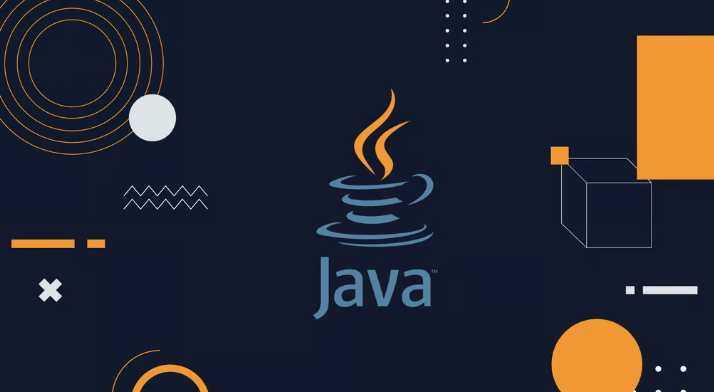
Ready to get more customers calling?
Take FREE Local SEO Course
Available now in English
Java is on of the most popular programming language developed by Sun Microsystems (now Oracle) in the 1990s. It is widely used in the IT world and for programming purposes, as well as in Internet marketing.
Java was developed to create applications that can run on different operating systems and hardware platforms. Because it is cross-platform, programmes written in Java can be compiled into a single common bytecode that can be run on any device with a Java Virtual Machine (JVM) installed. This makes Java very portable and versatile.

What components does Java consist of?
Java consists of three important components that make up its complete ecosystem:
- JVM (Java Virtual Machine): The Java virtual machine that is responsible for executing Java source code. It is a runtime environment that interprets and executes the compiled Java bytecode. One of the main goals of the JVM is portability - programs written in Java can be run on different platforms and operating systems that have the appropriate version of the JVM installed. The JVM also performs a memory management role, automatically taking care of memory allocation and release.
- JDK (Java Development Kit): The JDK is a development tool kit that is used to create, compile, debug and run Java applications. It includes the Javac compiler, which converts source code written in Java into Java bytecode. The JDK also includes application development tools such as a debugger, profiler, documentation, and tools for creating and managing libraries and dependencies. In short, the JDK is the complete package needed to develop Java applications.
- JRE (Java Runtime Environment): The JRE is the Java runtime environment, which consists of the JVM and the libraries and other files needed to run applications written in Java. The JRE contains the necessary components to execute code, but does not include development tools such as a compiler or debugger, which are available in the JDK. With JRE, users can run Java applications on their systems without having to install the entire JDK.
What is Java used for?
Java is widely used in various fields and industries. Here are some of the main areas where Java is used:
- Mobile application development: Java is one of the main programming languages used to develop mobile applications for the Android platform. Thanks to its portability, performance and extensive library, Java enables developers to write advanced applications for mobile phones, smartphones and tablets.
- Web application development: Java is often used to develop scalable and secure web applications. Frameworks such as the Spring Framework and JavaServer Faces (JSF) facilitate the development of advanced web applications that handle heavy loads, use databases and offer rich user interfaces.
- Enterprise systems: due to its security, reliability and scalability, Java is a popular choice for developing Enterprise systems. It is used to build server-based business applications, management systems, e-commerce platforms, banking systems and many other enterprise-class solutions.
- Desktop applications : Java is also used in the development of desktop applications that run on a variety of operating systems. It can be used to design text editors, data analysis programmes, development tools and other applications that require extensive functionality.
- Embedded systems : Java can be used to program embedded systems such as smart cards, medical devices, industrial control systems or IoT platforms. Due to its portability and security, Java is ideal for these applications.
- These are just a few examples of Java’s applications. Its popularity, versatility and extensive ecosystem make it widely used in many IT and business fields.
Advantages of Java
- Multiplatform: Java is platform independent, meaning applications can run on a variety of operating systems such as Windows, macOS and Linux.
- Security: Java has advanced security mechanisms, such as a sandbox system that restricts program operation to protect the system from potential threats.
- Object-oriented: Java is an object-oriented programming language, which means that programmes are based on objects that have their own properties and behaviour. This promotes modularity and easier code management.
- Rich library: Java has a huge library of classes and tools that make it easy to write applicat
Is the Java language easy to learn?
The Java language can be learned with relatively little effort. With its C++-like syntax, Java is easy to understand for programmers who already have experience in other programming languages. In addition, Java is characterised by code portability and rich libraries that facilitate application development. Available educational resources and an extensive programming community also contribute to the Java learning process. Therefore, Java is considered to be a language that is relatively easy to learn and can be used effectively by programmers at different levels.
![What is Java - [Marketing Dictionary]](/assets/img/dictionary-background.webp)
